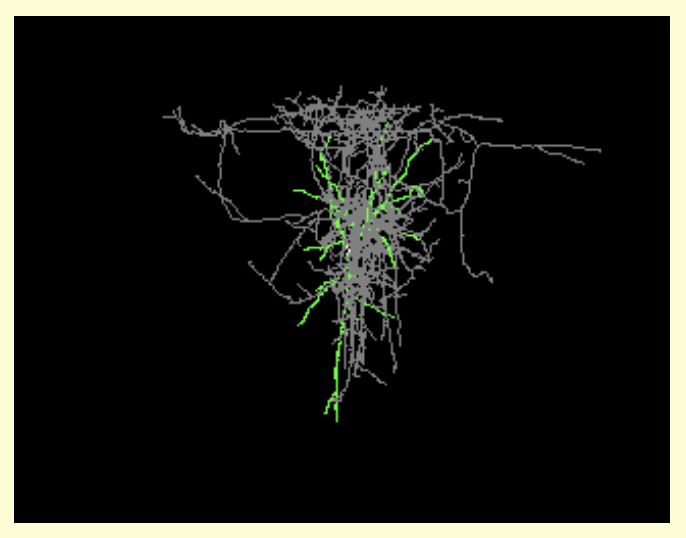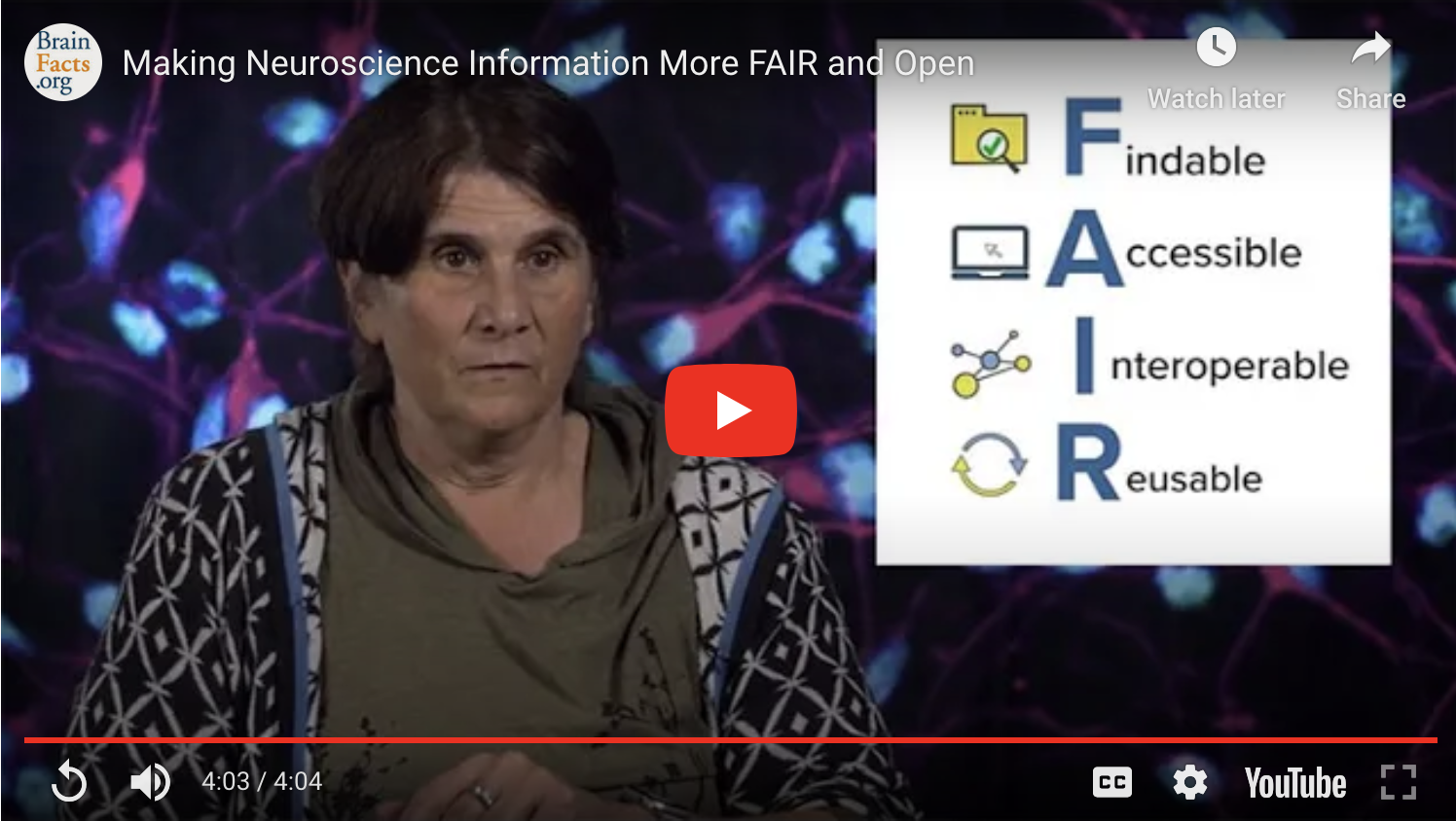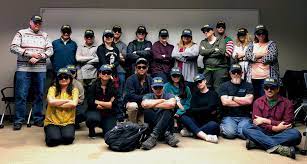URL: http://www.cognitiveatlas.org/
Proper Citation: Cognitive Atlas (RRID:SCR_002793)
Description: Knowledge base (or ontology) that characterizes the state of current thought in cognitive science that captures knowledge from users with expertise in psychology, cognitive science, and neuroscience. There are two basic kinds of knowledge in the knowledge base. Terms provide definitions and properties for individual concepts and tasks. Assertions describe relations between terms in the same way that a sentence describes relations between parts of speech. The goal is to develop a knowledge base that will support annotation of data in databases, as well as supporting improved discourse in the community. It is open to all interested researchers. A fundamental feature of the knowledge base is the desire and ability to capture not just agreement but also disagreement regarding definitions and assertions. Thus, if you see a definition or assertion that you disagree with, then you can assert and describe your disagreement. The project is led by Russell Poldrack, Professor of Psychology and Neurobiology at the University of Texas at Austin in collaboration with the UCLA Center for Computational Biology (A. Toga, PI) and UCLA Consortium for Neuropsychiatric Phenomics (R. Bilder, PI). Most tasks used in cognitive psychology research are not identical across different laboratories or even within the same laboratory over time. A major advantage of anchoring cognitive ontologies to the measurement level is that the strategy for determining changes in task properties is easier than tracking changes in concept definitions and usage. The process is easier because task parameters are usually (if not always) operationalized objectively, offering a clear basis to judge divergence in methods. The process is also easier because most tasks are based on prior tasks, and thus can more readily be considered descendants in a phylogenetic sense.
Abbreviations: Cognitive Atlas
Synonyms: cognitive atlas - a collaboratively developed cognitive science ontology
Resource Type: data or information resource, controlled vocabulary, ontology
Defining Citation: PMID:21922006, PMID:19634038
Keywords: cognitive function, cognitive phenotype, cognitive process, cognitive science, cognitive state, human, cognitive ontology, cognitive task, experimental task, mental construct, concept, task, eeg, meg, electrocorticography, magnetic resonance, ontology, pet, spect, knowledge environment
Expand Allis listed by |
|
is related to |
|
is related to |
|
has parent organization |
|
is parent organization of |
We found {{ ctrl2.mentions.total_count }} mentions in open access literature.
We have not found any literature mentions for this resource.
We are searching literature mentions for this resource.
Most recent articles:
{{ mention._source.dc.creators[0].familyName }} {{ mention._source.dc.creators[0].initials }}, et al. ({{ mention._source.dc.publicationYear }}) {{ mention._source.dc.title }} {{ mention._source.dc.publishers[0].name }}, {{ mention._source.dc.publishers[0].volume }}({{ mention._source.dc.publishers[0].issue }}), {{ mention._source.dc.publishers[0].pagination }}. (PMID:{{ mention._id.replace('PMID:', '') }})
A list of researchers who have used the resource and an author search tool
Find mentions based on location

{{ ctrl2.mentions.errors.location }}
A list of researchers who have used the resource and an author search tool. This is available for resources that have literature mentions.
No rating or validation information has been found for Cognitive Atlas.
No alerts have been found for Cognitive Atlas.
Source: SciCrunch Registry





